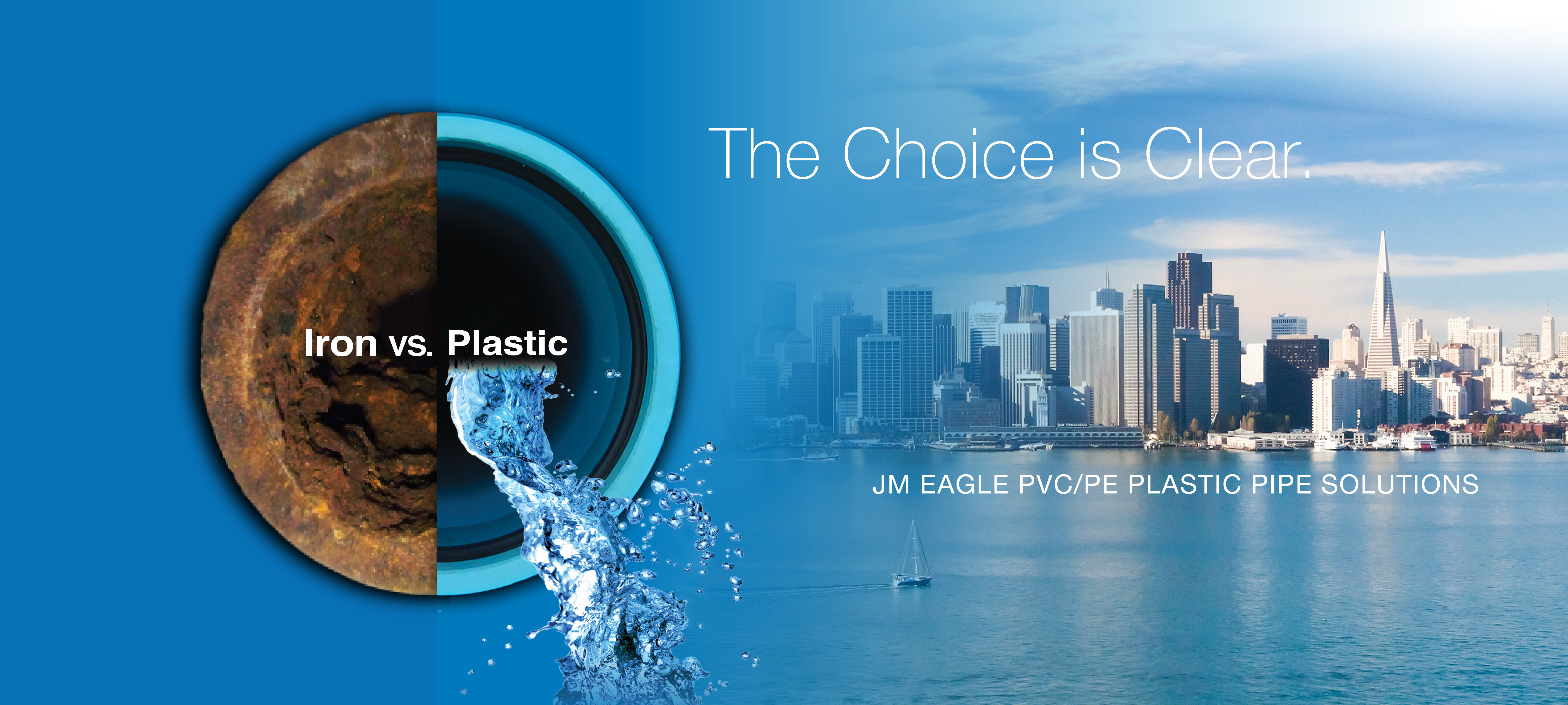
‘The next Flint,’ and America’s problem with lead in its water
Tell me if you’ve heard this one before: A U.S. city is facing a public health crisis, after years of denying that it had a problem with lead in its drinking water supply. In 2016, that would have been a reference to Flint, Michigan. This week, it’s Newark, New Jersey, where city officials on Sunday resorted to handing out bottled water to affected residents.
Lead has long been recognized as a potent neurotoxin. The health effects of lead exposure in children include lowered IQ and increased risk of behavioral disorders. Exposed adults are more likely to develop a slew of health problems including nerve, kidney, and cardiovascular issues. Pregnant women and babies are especially vulnerable, as even low levels are associated with serious, irreversible damage to developing brains and nervous systems.
No amount of lead is considered “safe,” but the federal government has set a limit of 15 parts per billion in drinking water. At one point, tests in Flint revealed lead levels at over 100 ppb. In July, a test showed Newark water lead levels at 55 ppb. In both cases residents say the city’s denials and delays came at a cost to their wellbeing.
“The mayor keeps saying that this isn’t like Flint,” Newark resident Shakima Thomas told Grist way back in November. “It is the same as Flint in the way that they tried to cover it up. We were victimized by this administration. They gamble with our health. They put politics first before justice.”
And that pattern appears to be continuing. Some experts say they already have a good idea of where the “next, next Flint” might be.
Read more here: https://bit.ly/2KIpzUZ
